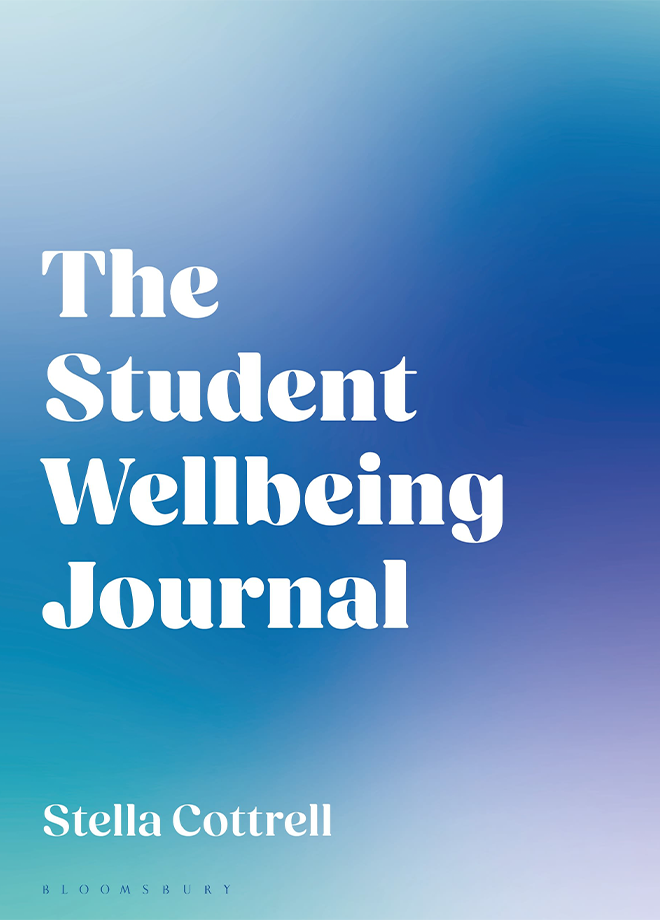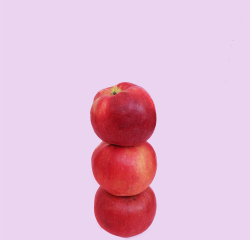
What is wellbeing?
Wellbeing is the state of being comfortable, healthy or happy. It is largely a subjective judgement of how you feel about yourself and your situation.
What one person considers as just ‘OK’ could be experienced by others as amazing or terrible. What you find stressful or unlucky can be perceived by others as exciting or fortunate. There isn’t an absolute state of perfect wellbeing: you are the judge of what is right for you.

Many factors contribute to wellbeing, such as good health, nutrition, friendship, mental health.
Whilst some factors are more under your control than others, you can decide the on the following things, which can take you towards or away from your vision of wellbeing.
- Actions
- Thought patterns
- Habits and routines
It makes sense to be well-informed about key aspects of wellbeing and to make plans to help you achieve your vision.

Why is it important to students?
Student life brings great opportunities and can be a fantastic experience. It is also challenging, making demands on time, finances, relationships, sleep, your sense of self, of being in control, and many other aspects of life.
Managing your overall wellbeing is the best way of coping with these challenges: it is associated with higher grades, better health and a better all-round student experience.
Demands on your time as a student can mean that aspects of your wellbeing become overlooked. Maintaining a wellbeing journal helps you to keep everything in balance and gain a greater sense of control in your life.
Understand the connections
Promoting one aspect of wellbeing impacts other aspects. For example, good sleep affects our immune system, helping us to fight off disease. It affects digestion and energy levels, making it easier to be active, which in turn supports fitness, health and our mood.
When we feel good, we are less likely to seek out unhealthy foods. Managing screen time and media experiences well improves sleep, concentration and learning. Conversely, neglecting some aspects of wellbeing undermines other aspects. A balanced holistic approach works best.
Build your confidence
Many students struggle, at times, with self-confidence.
At such times, it is easy to forget your past successes and underestimate your potential. Try remembering these things to help you move forwards.

The Student Wellbeing Journal: pre-order now!
This is the ideal tool to help you develop the habits and self-knowledge to support your overall health and wellbeing.
- Undated so you can start it when you like and use it as often, or as little, as you want;
- Supportive with helpful information about managing stress, looking after wellbeing and setting goals;
- Structured, including weekly and daily sections to capture your plans, priorities, moods, thoughts and progress in the moment and over time;
- Tailored to your needs and flexible to reflect individual priorities and experiences.









